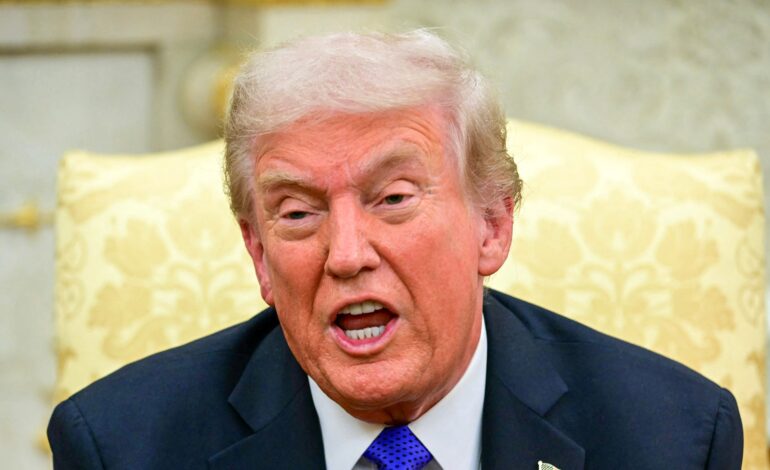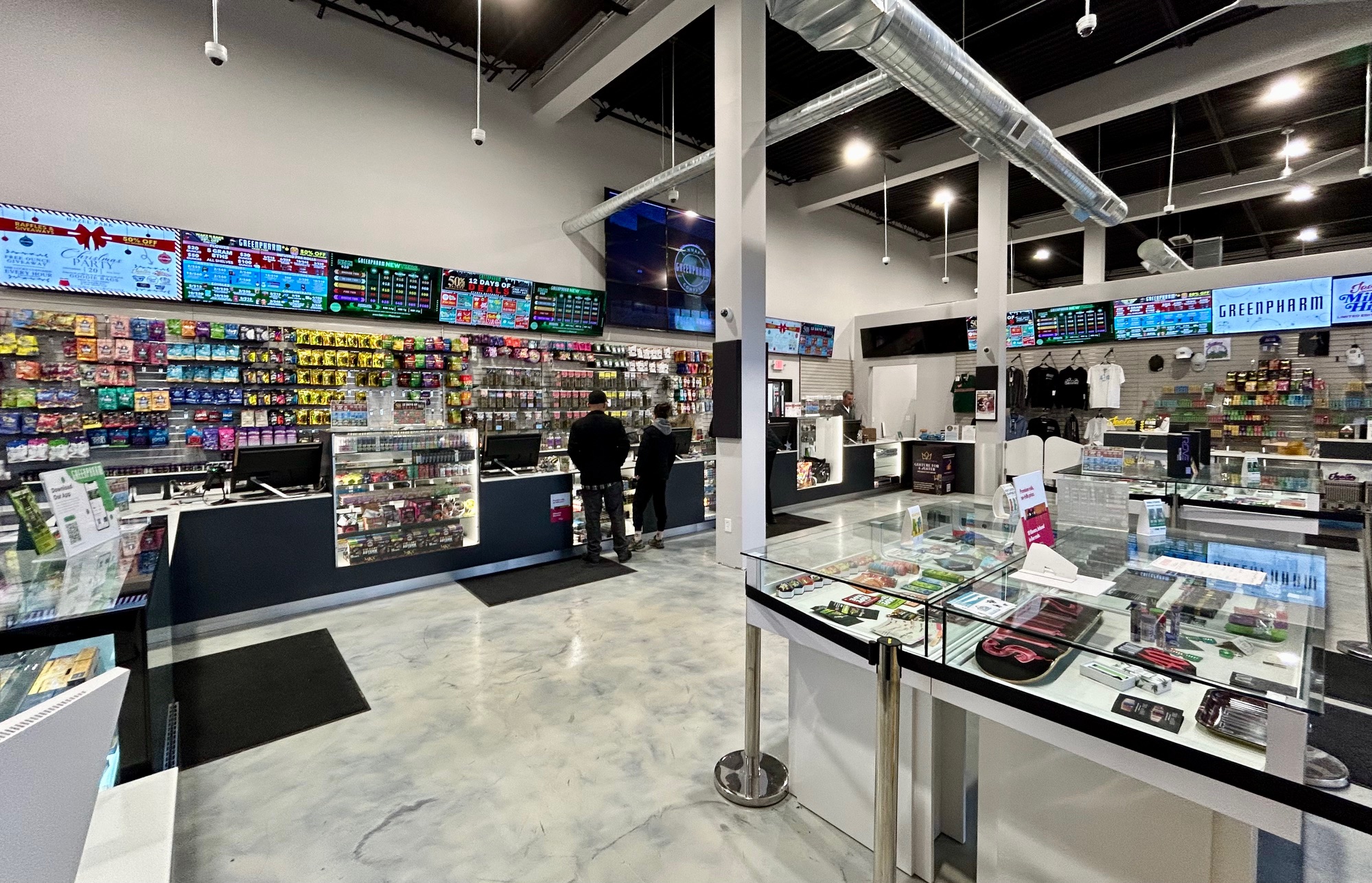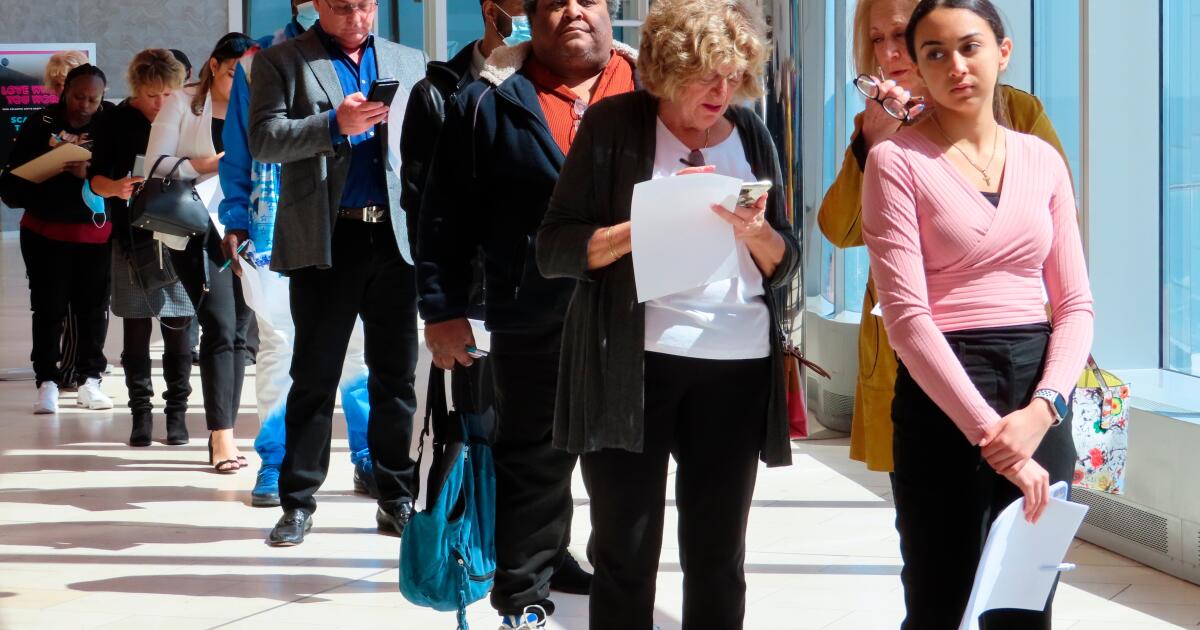Trump Postpones Federal Troop Deployment to San Francisco

President Donald Trump has decided to delay the deployment of federal troops to San Francisco, following requests from local leaders and business executives. In a post on Truth Social on March 14, 2024, Trump stated that he would not proceed with plans to send military or National Guard troops to the city as part of his proposed crackdown on crime.
Trump, 79, revealed that he received calls from “great people” in the area, including Jensen Huang, CEO of Nvidia, and Marc Benioff, CEO of Salesforce, urging him to reconsider his actions. He noted that Daniel Lurie, the Mayor of San Francisco, had made “substantial progress” in addressing local crime and requested time to continue his efforts.
In his statement, Trump said, “The Federal Government was preparing to ‘surge’ San Francisco, California, on Saturday, but friends of mine who live in the area called last night to ask me not to go forward with the surge.” He acknowledged Lurie’s polite request for an opportunity to improve the situation, despite expressing his belief that federal intervention would expedite the process.
Lurie, an heir to the Levi Strauss jeans company, confirmed the conversation with Trump in a post on social media, stating, “San Francisco is on the rise.” He emphasized the city’s need for continued partnerships with federal agencies such as the FBI and DEA to combat drug-related issues. “However, having the military and militarized immigration enforcement in our city will hinder our recovery,” he added.
Following these developments, California Governor Gavin Newsom criticized Trump’s initial plans. Newsom described the situation as “right out of the dictator’s handbook” and pledged to take legal action should Trump attempt to send military forces to San Francisco. He stated in a video, “This is the lawsuit that I will file within a nanosecond of any efforts to send the military to one of America’s great cities.”
Reports indicate that more than 100 federal agents, primarily from Customs and Border Protection, were positioned at a U.S. Coast Guard base in the East Bay, with expectations of arrival beginning March 14. The Department of Homeland Security confirmed that its focus remains on “the worst of the worst criminal illegal aliens,” including serious offenders in various cities, including San Francisco.
In light of these events, Trump’s decision to postpone troop deployment reflects the influence of local leaders and the ongoing discourse regarding federal intervention in Democratic-led cities. The situation continues to develop, with city officials expressing readiness to address crime while seeking support from federal resources without military involvement.
As the local government seeks to address public safety and crime, both the community and federal authorities will be monitoring the situation closely. The outcomes of ongoing discussions and potential collaborations will play a crucial role in shaping the future of San Francisco’s approach to crime and safety.






